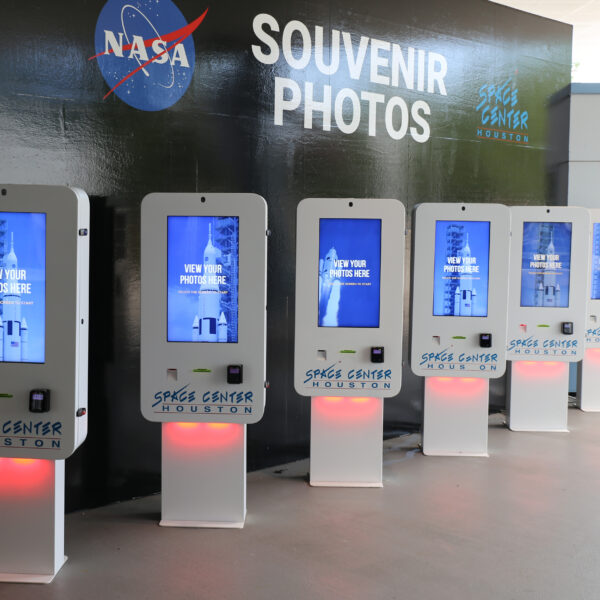
Kiosks
Close
Kiosk Industries


While payment kiosks are largely associated with cashless transactions, some kiosks are equipped with hardware specifically designed to handle cash and coins.
Not only is the use of cash still prominent due to customer convenience, the demand for kiosks that accept physical forms of payment is particularly high in areas or industries with a higher concentration of unbanked consumers. The term “unbanked” refers to individuals who do not use credit or debit cards as forms of payment.
Businesses benefit from cash-accepting kiosks by broadening their payment options, saving on labor costs, and extending service hours for users.
So, how do these kiosks work, and what kind of hardware is necessary for their functionality?
A cash kiosk, or a cash payment kiosk, is a self-service kiosk designed to handle cash-related transactions without the need for direct interaction with a cashier or teller.
These kiosks are commonly used for bill payment, parking, self-checkout, and other use cases that often require physical currency.
When users interact with a cash kiosk, they insert money into the machine, where the kiosk then validates the currency, counts the deposited cash, and processes the transaction. In many cases, these kiosks also provide change.
When looking to employ cash payment kiosks, companies have options regarding what kind of hardware to use.
A cash acceptor simply takes in paper money through a validator that checks the denomination of each bill going into the device.
By itself, a cash acceptor is incapable of providing users with change. So, if businesses want users to receive change back, the kiosk will need to employ a second device called a cash dispenser. This dispenser is separate from the cash accepter, meaning that it will need to have its own supply of smaller bills and coins with which to provide change to the user.
Limiting price points on a kiosk to even dollar amounts helps simplify the equipment needed, but if a client has items priced at odd change amounts, then a single coin or three coin dispenser will need to be added to give out exact change.
An alternative to using an acceptor in conjunction with a dispenser is the use of a cash recycler. On the surface, a cash recycler seems to be simply the combination of a cash acceptor and a cash dispenser. However, the main difference is what happens to the money within the kiosk. Instead of requiring two separate caches, a cash recycler is continuously circulating money within a single reserve. The bills being fed into a cash recycler are sorted by denomination and can be returned to the next user as change.
When choosing between a cash acceptor and dispenser versus a recycler, there are plusses and minuses to each.
For higher trafficked kiosks, a recycler can cut back on how often bills need to be replenished since the recycler is taking in currency that can also be dispensed.
Space is also a consideration. Cash recyclers tend to be more compact than using both an acceptor and dispenser, so they minimize the space requirements in smaller kiosks.
With either type of cash handling device, an armored car will need to routinely collect cash from the kiosks as well as check that the cash recycler or dispenser has various denominations of bills to make change for another stretch of time between visits.
Below are the average costs to add cash acceptance to a kiosk:
These costs are based on just the devices themselves as well as an interior support structure like brackets and shelves. If these cash acceptance devices are added to an already engineered unit, there may be additional expenses to accommodate the devices.
With the ability to securely process large amounts of cash quickly and accurately, cash kiosks play an essential role in accommodating both cashless and cash-reliant customers while also providing businesses with benefits like cost savings and enhanced customer service.